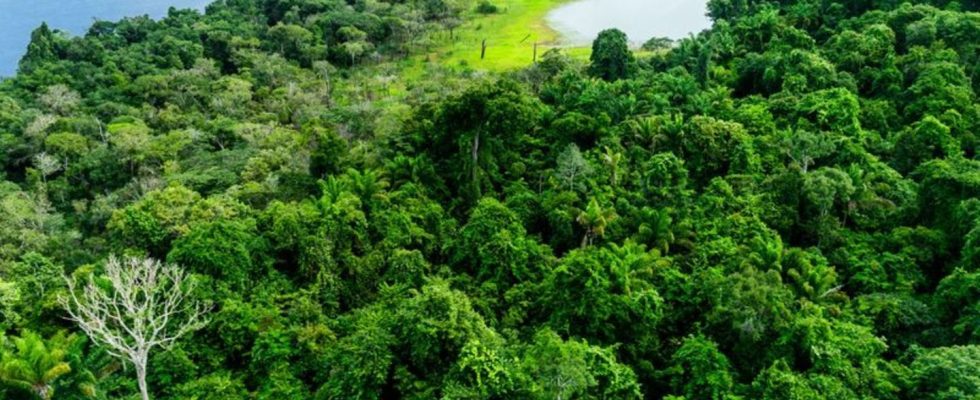Environment
The Amazon in Brazil is still being deforested – just more slowly
The Amazon rainforest is considered a CO2 store and has an important function in the international fight against climate change. photo
© Jens Büttner/dpa
The Amazon rainforest is considered an important CO2 store in the fight against climate change, but under Bolsonaro slash and burn increased sharply. Deforestation continues under Lula, albeit at a different pace.
According to this, there were indications of deforestation in an area of almost 500 square kilometers in the past month. In July 2022 it was still around 1490 square kilometers. July is traditionally one of the months with the highest rate of deforestation in the region.
Between August 2022 and July 2023, an area of 7,952 square kilometers was deforested in the Brazilian Amazon. That was the lowest value in four years. In the Cerrado, the wet savannas in southeastern Brazil, deforestation rose to 6,347 square kilometers – the worst value since systematic recording began in the 2017/2018 reporting period.
Large-scale operations against illegal prospectors
When he took office at the beginning of the year, Brazilian President Luiz Inácio Lula da Silva announced that he would strengthen environmental and climate protection. Recently, for example, the police took action against illegal gold prospectors with a series of large-scale operations. “We see a positive development in which there is no longer impunity,” said Environment Minister Marina Silva.
The Amazon rainforest is considered a CO2 store and has an important function in the international fight against climate change. During the tenure of right-wing President Jair Bolsonaro (2019 – 2022), deforestation and slash and burn increased sharply. The ex-military saw the region primarily as untapped economic potential and gave farmers and gold miners a largely free hand when it came to land grabs. He cut funds from the control authorities or deprived them of their powers.

